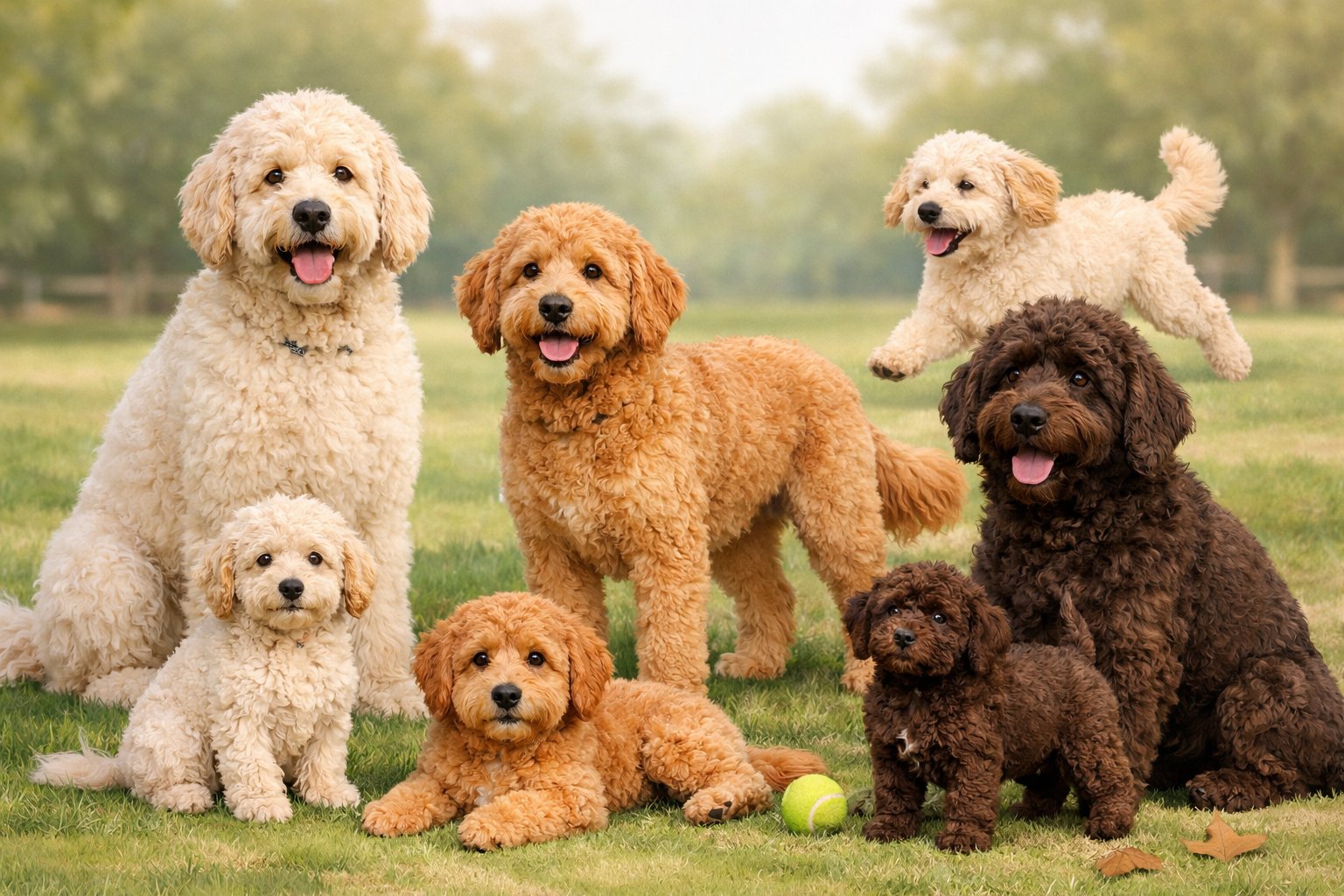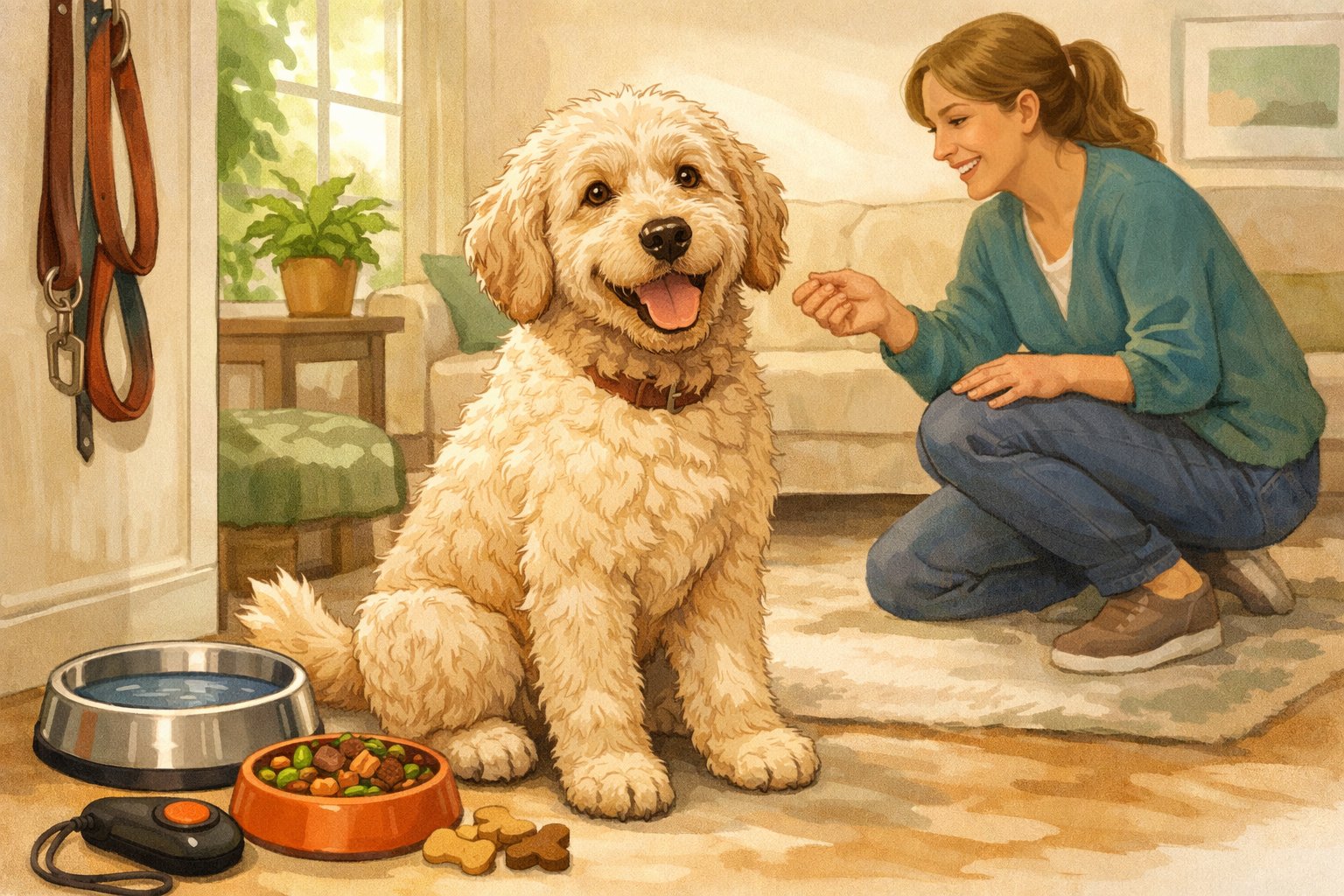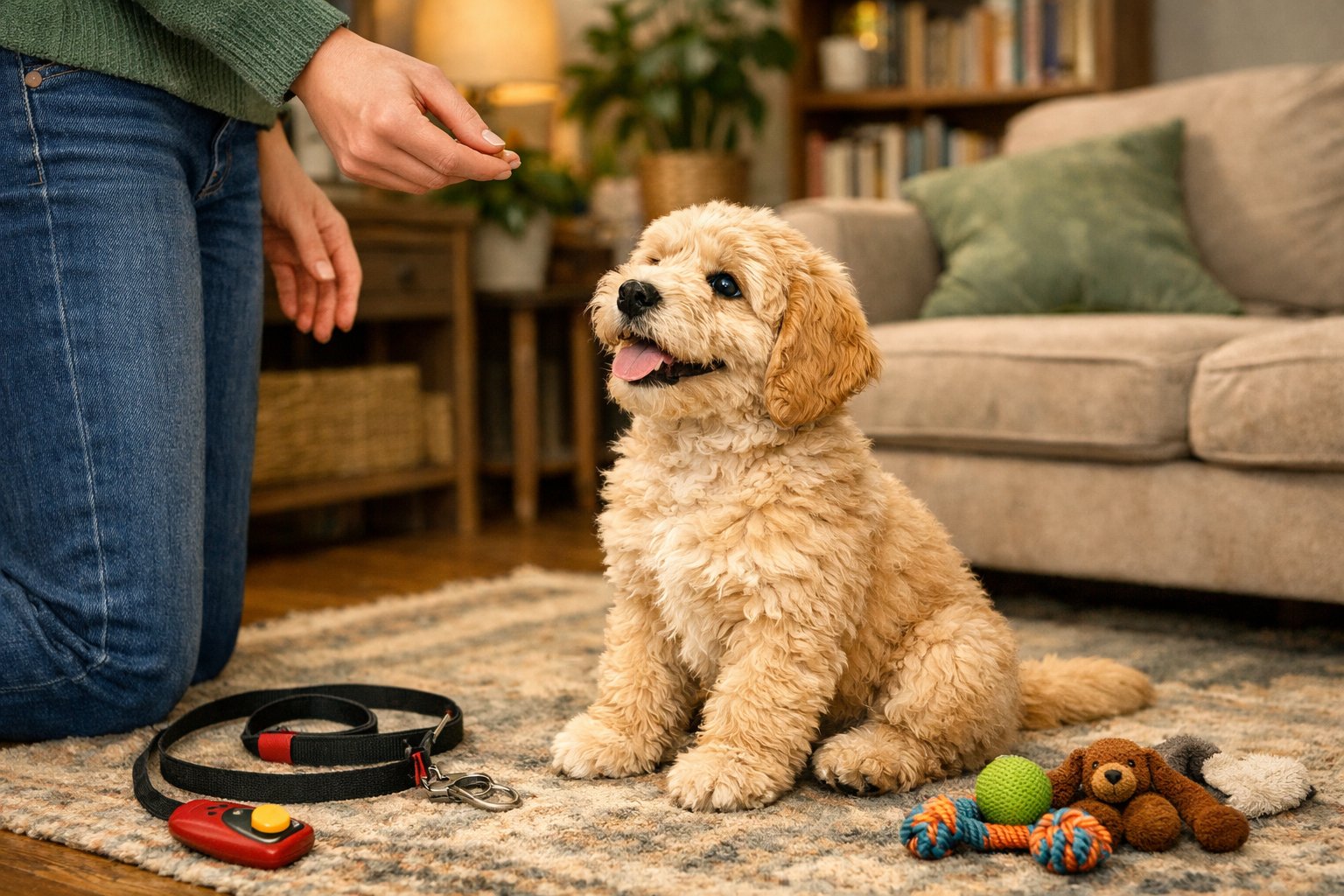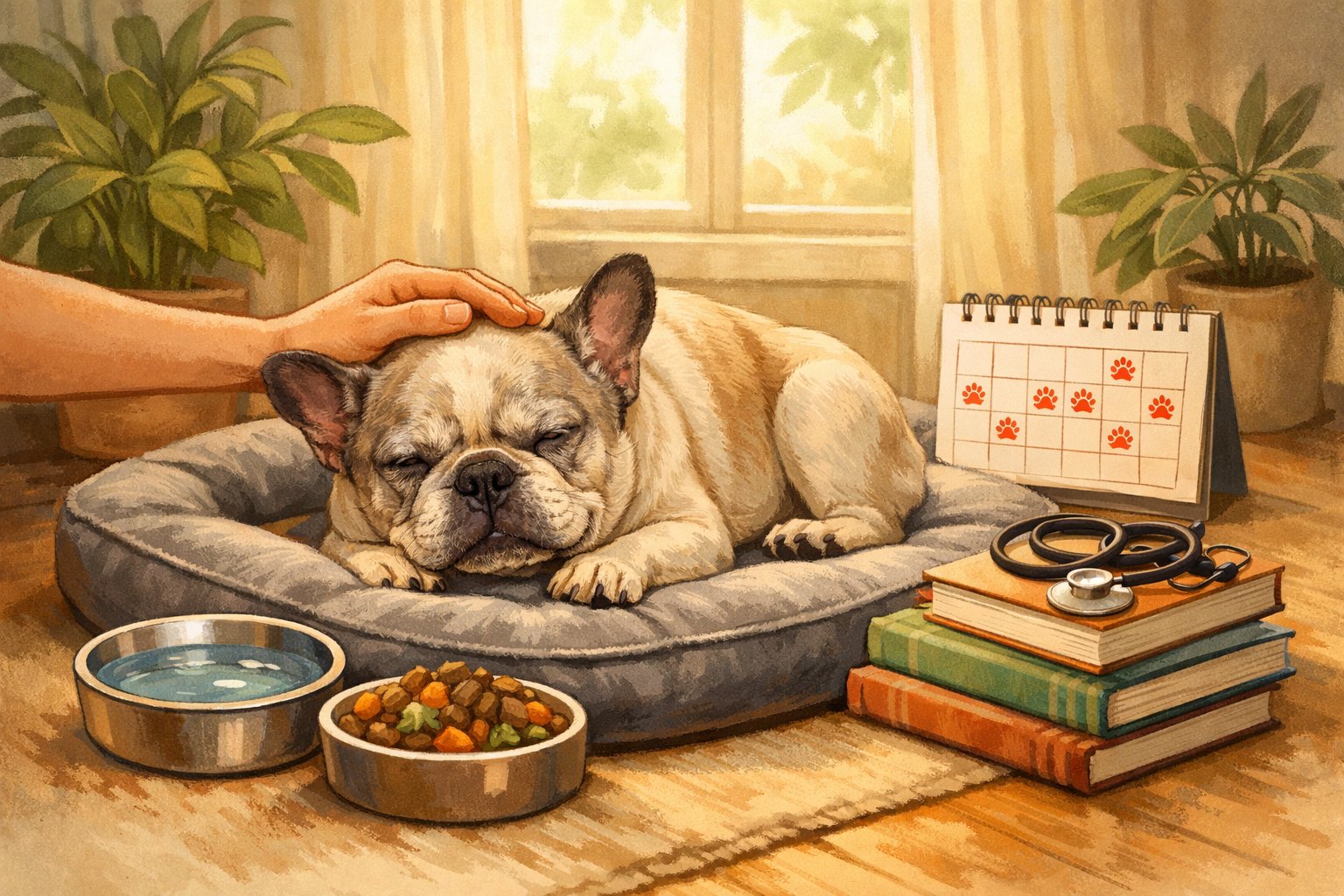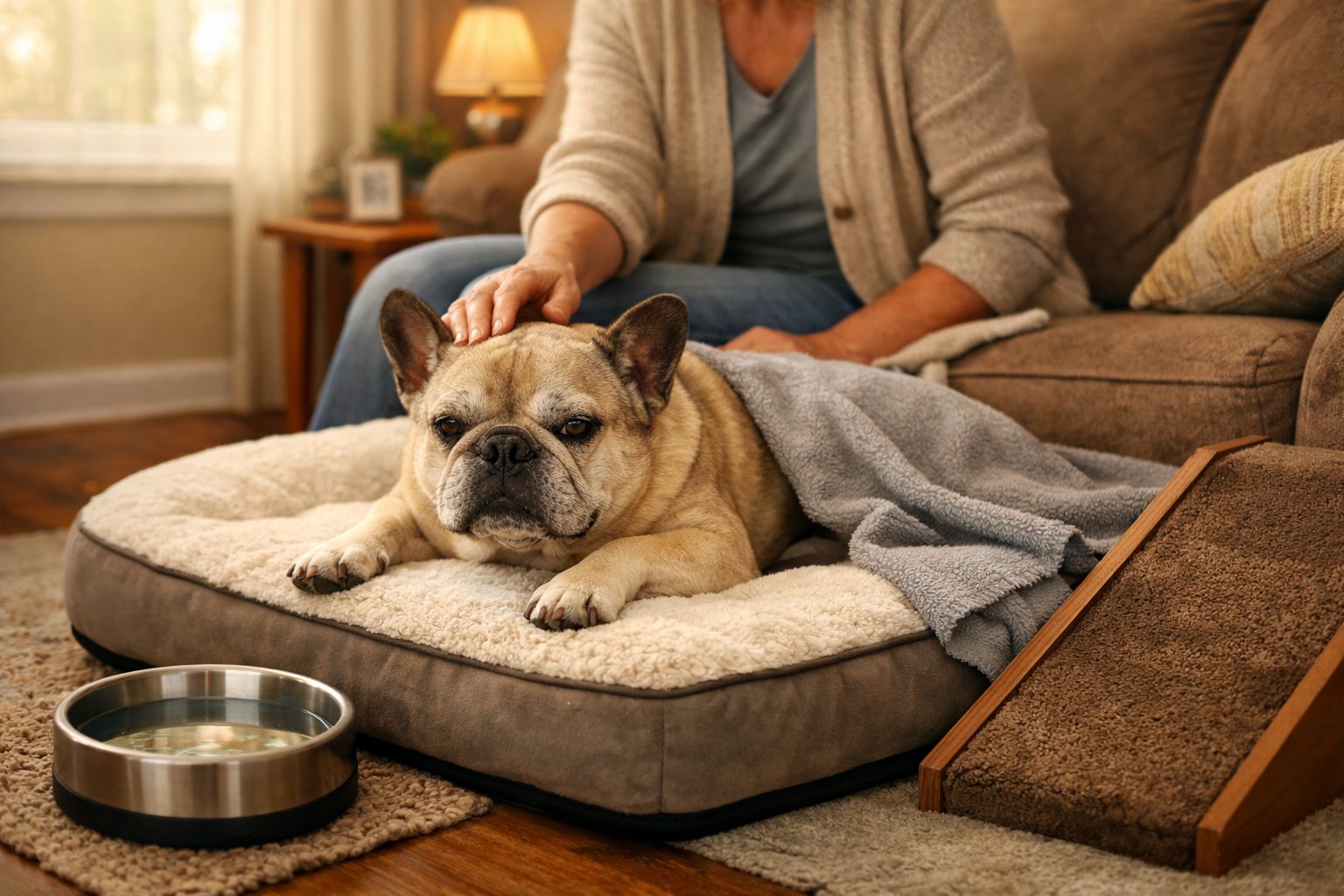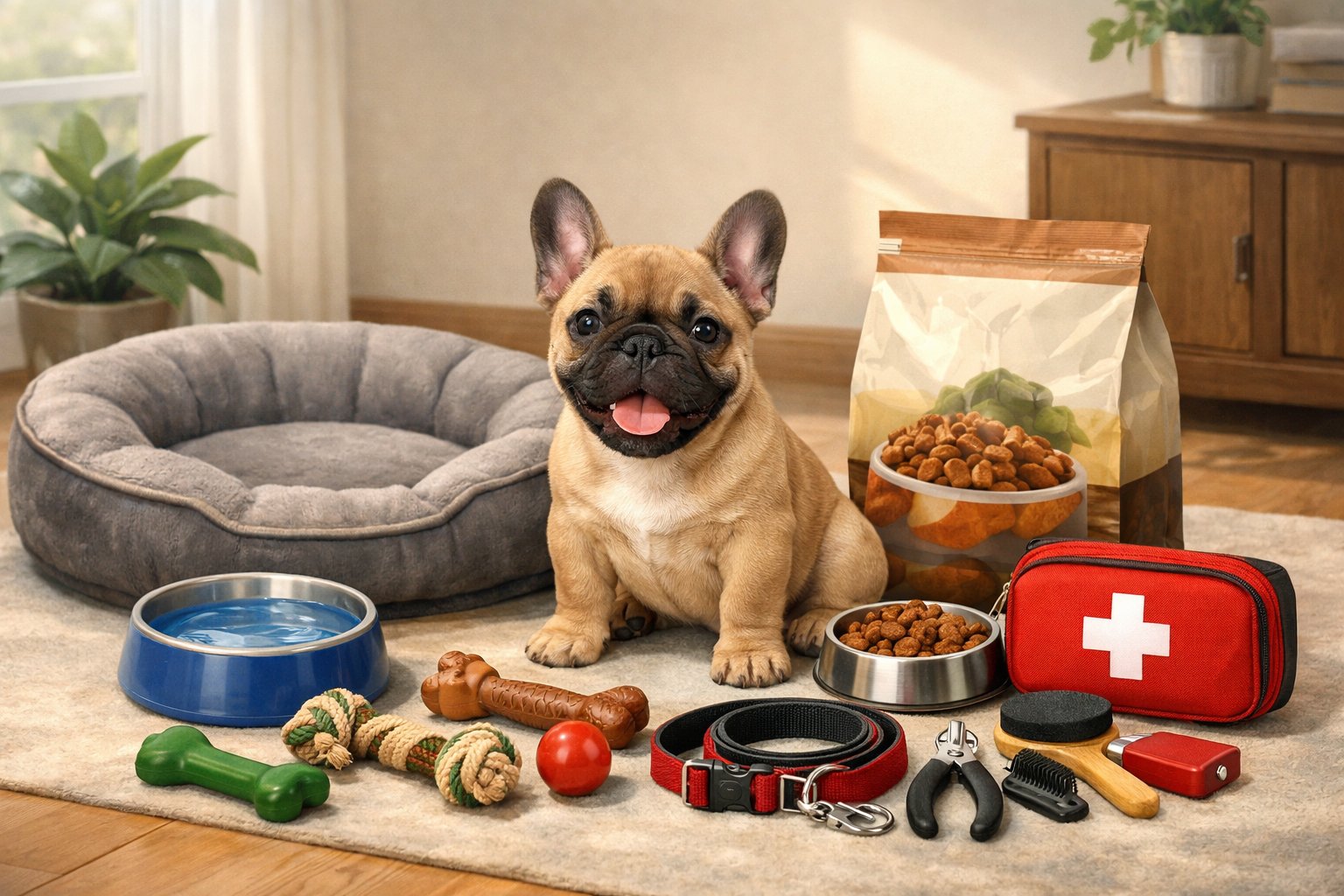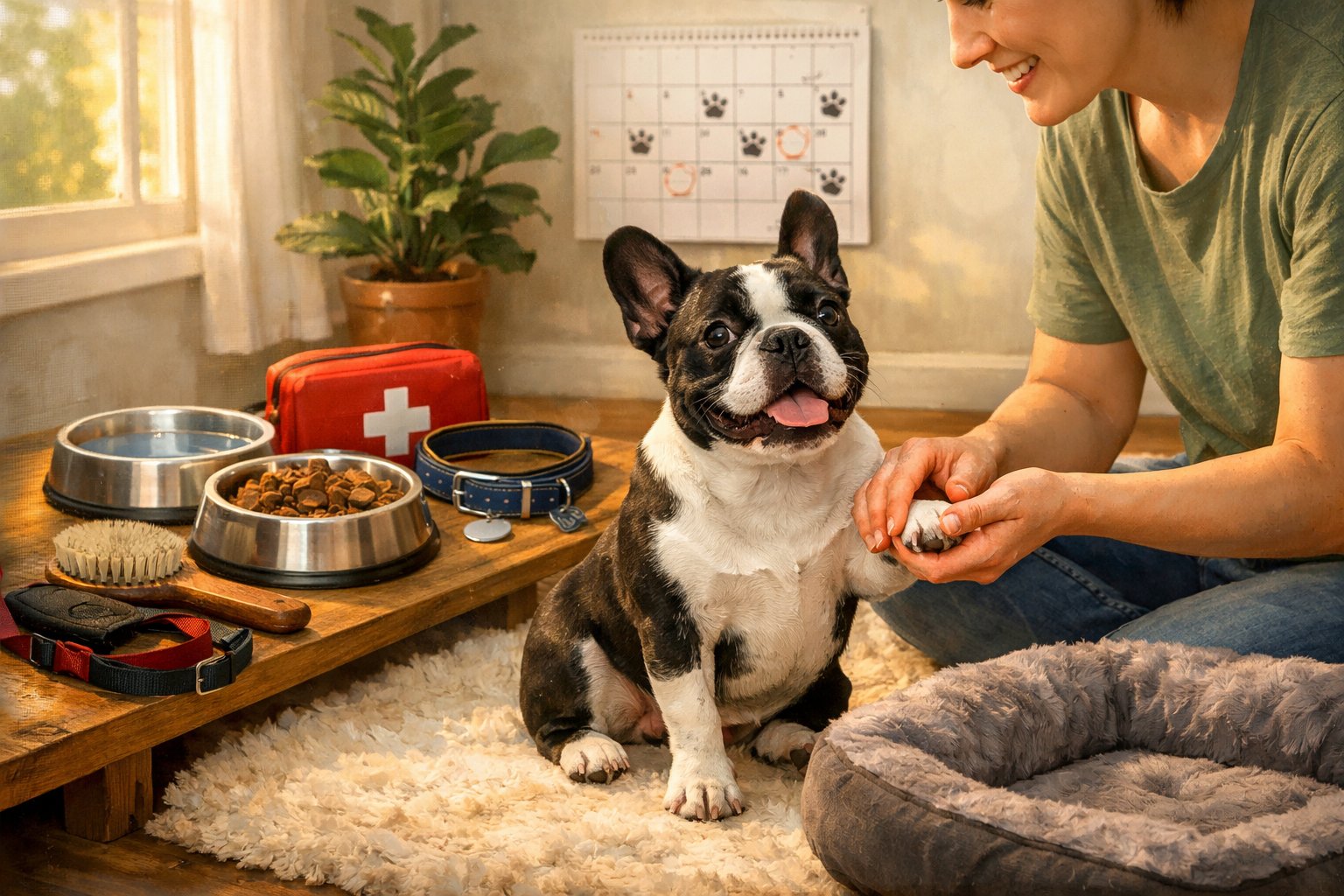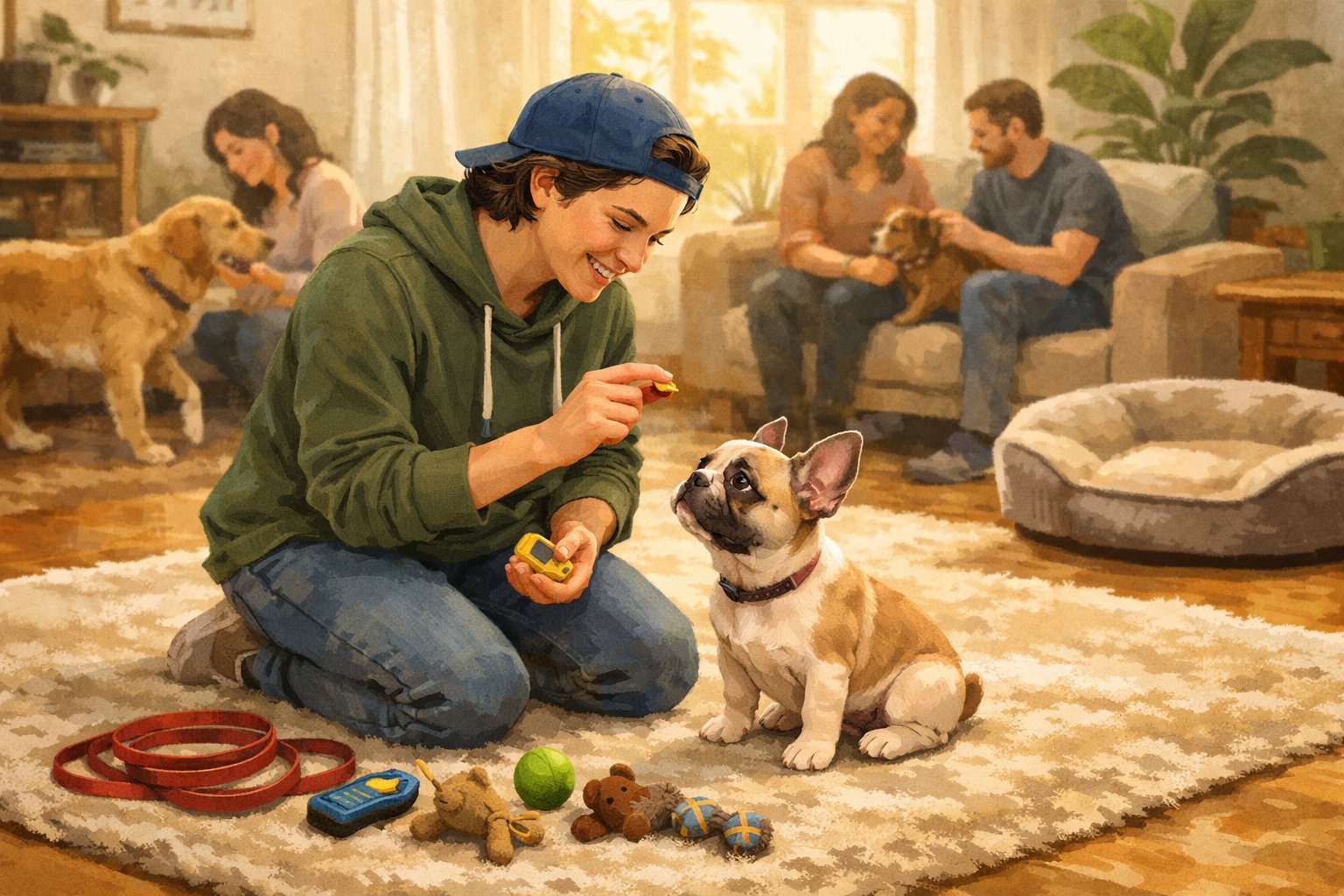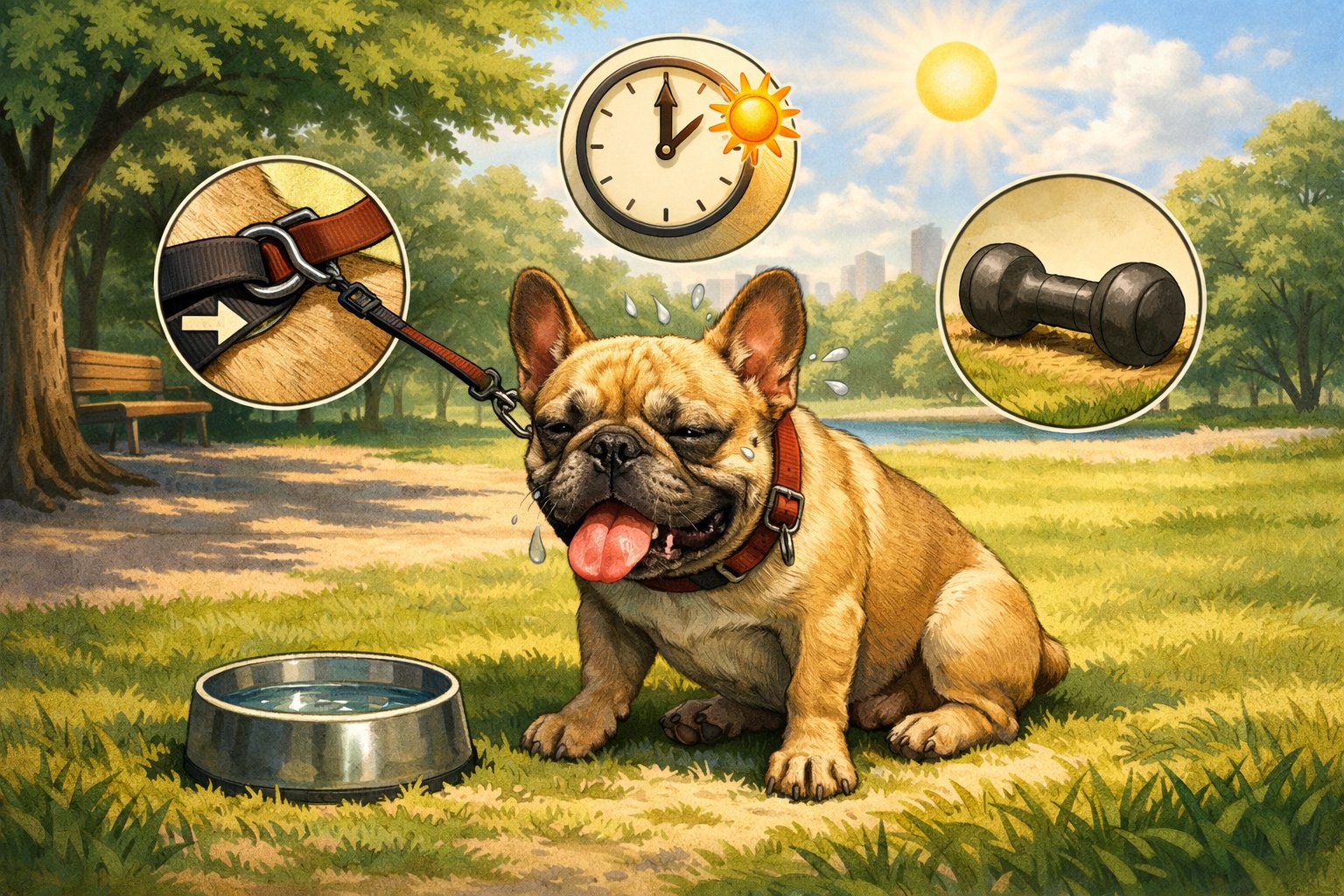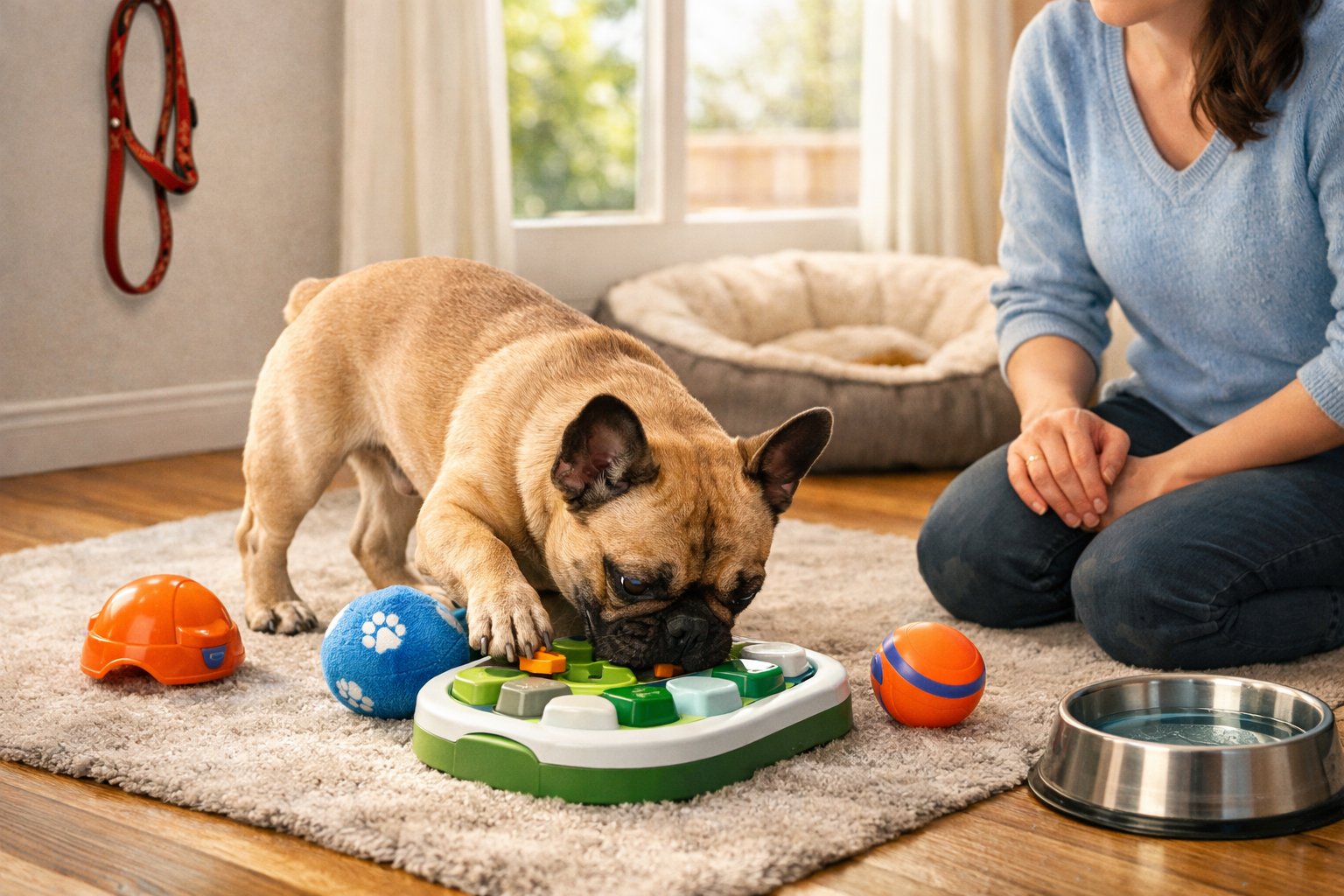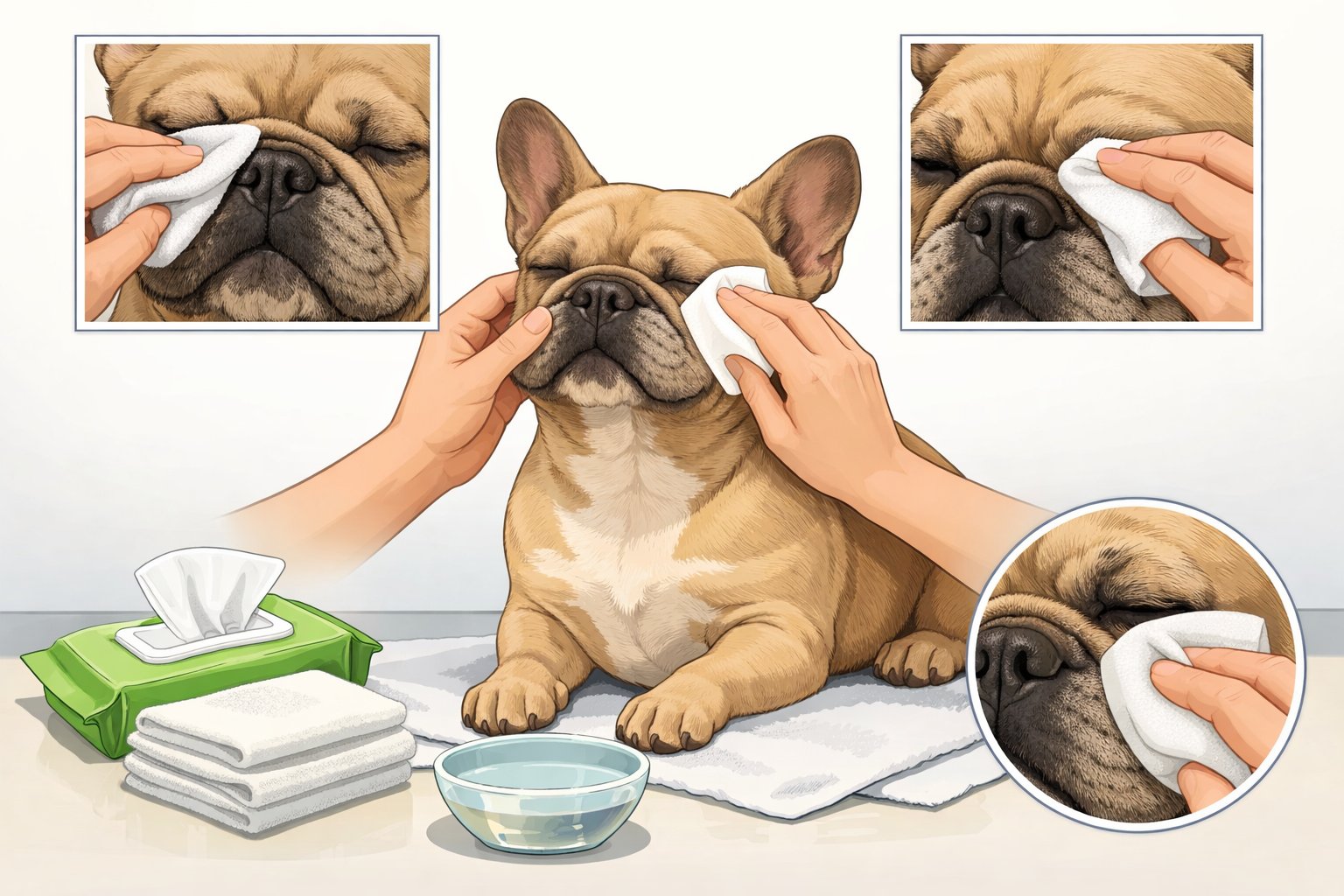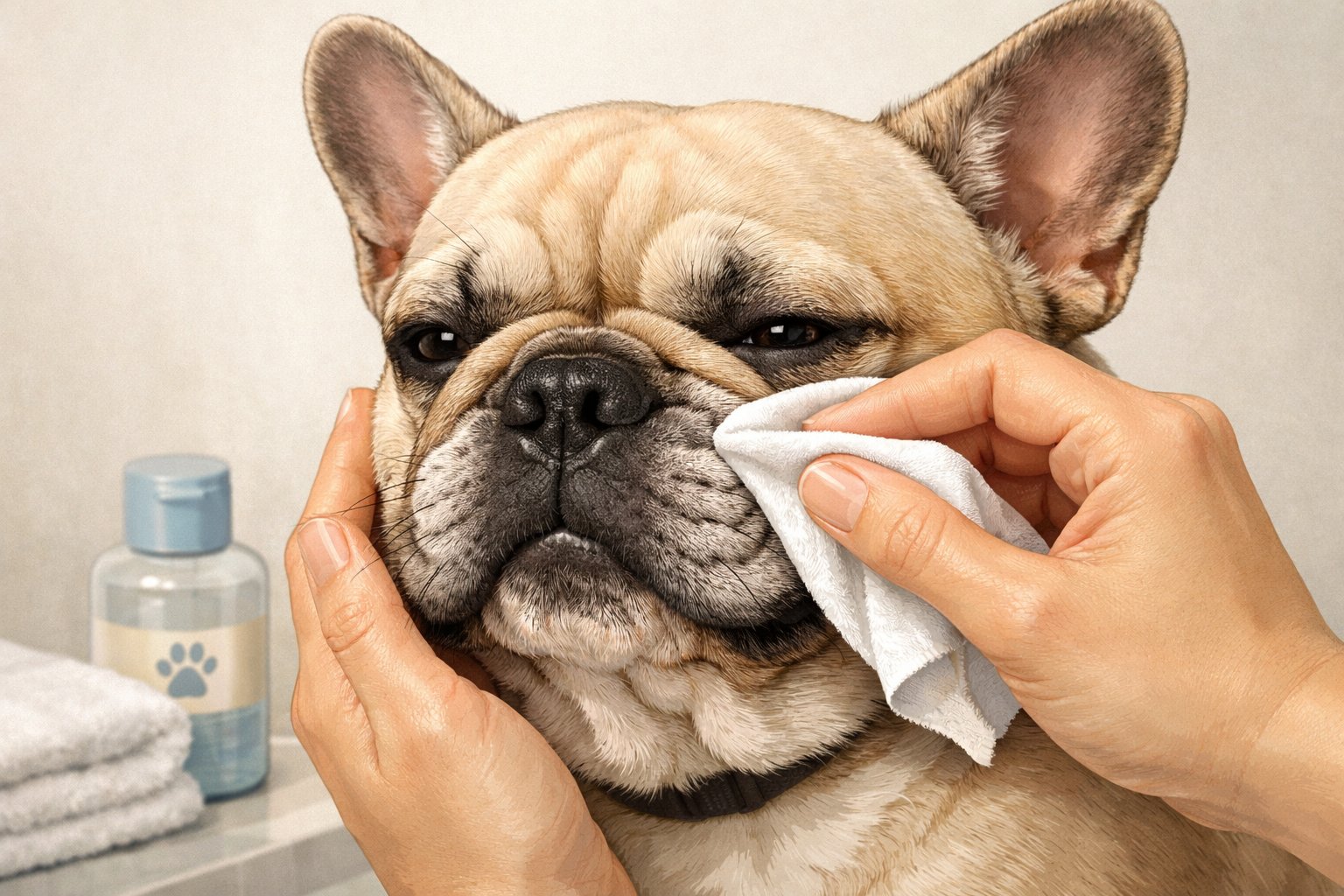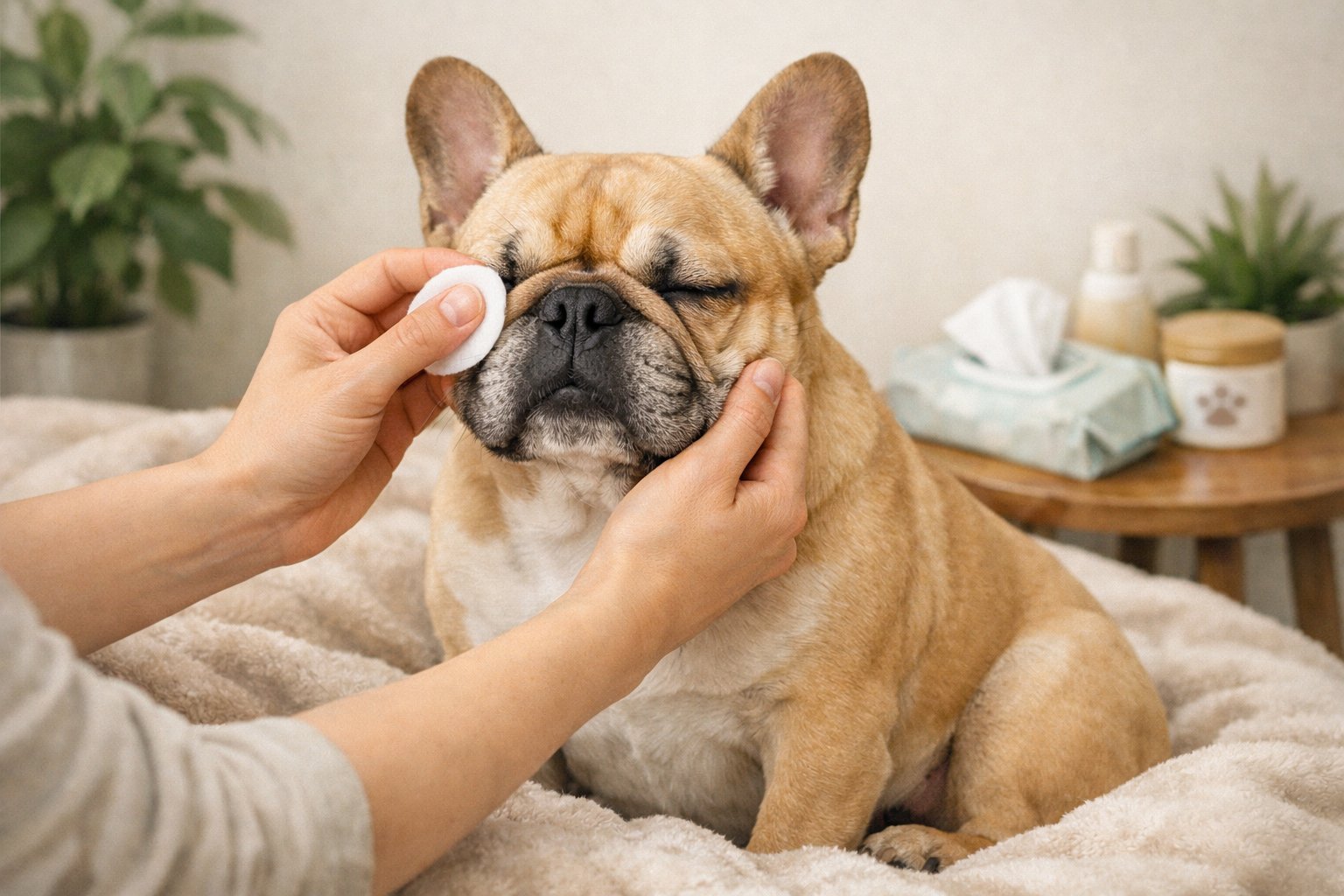Core Traits of Labradoodle Temperament

The Labradoodle temperament reflects a mix of social warmth, strong learning ability, and steady energy. These traits shape daily life with a Labradoodle, from how it greets people to how it plays, learns, and settles at home.
Friendliness and Social Nature
A Labradoodle shows a friendly and open personality in most settings. It often greets people with relaxed body language and enjoys being part of family activities.
This trait comes from the Labrador Retriever’s people-focused nature and the Standard Poodle’s awareness of its surroundings. Many Labradoodles bond closely with their household and prefer company over being alone.
They usually do well with children when adults set clear boundaries. Early social time helps them stay calm around visitors and new places.
Common social traits include:
- Strong interest in people
- Gentle behavior with familiar pets
- Alert but not aggressive reactions to strangers
Intelligence and Trainability
The Labradoodle temperament includes high intelligence and a desire to learn. This comes from both parent breeds, as the Labrador Retriever and Standard Poodle rank high for working ability.
A standard Labradoodle often understands new commands quickly when training stays clear and consistent. They respond best to short sessions with rewards like treats or praise.
Harsh methods often reduce focus and trust. Clear cues and repetition support steady progress.
Key training strengths include:
- Fast command recognition
- Good memory for routines
- Strong response to positive feedback
Energy Levels and Playfulness
A Labradoodle usually shows moderate to high energy, especially in younger years. Daily activity helps keep its temperament balanced and calm indoors.
Most need structured walks plus time to play or explore. Playfulness often shows through games like fetch, swimming, or light agility.
Without enough activity, a Labradoodle may become restless or bored. Mental tasks help as much as physical exercise.
Typical activity needs include:
- 60–90 minutes of daily movement
- Mix of walking and free play
- Simple problem-solving games
What Shapes Labradoodle Behavior?
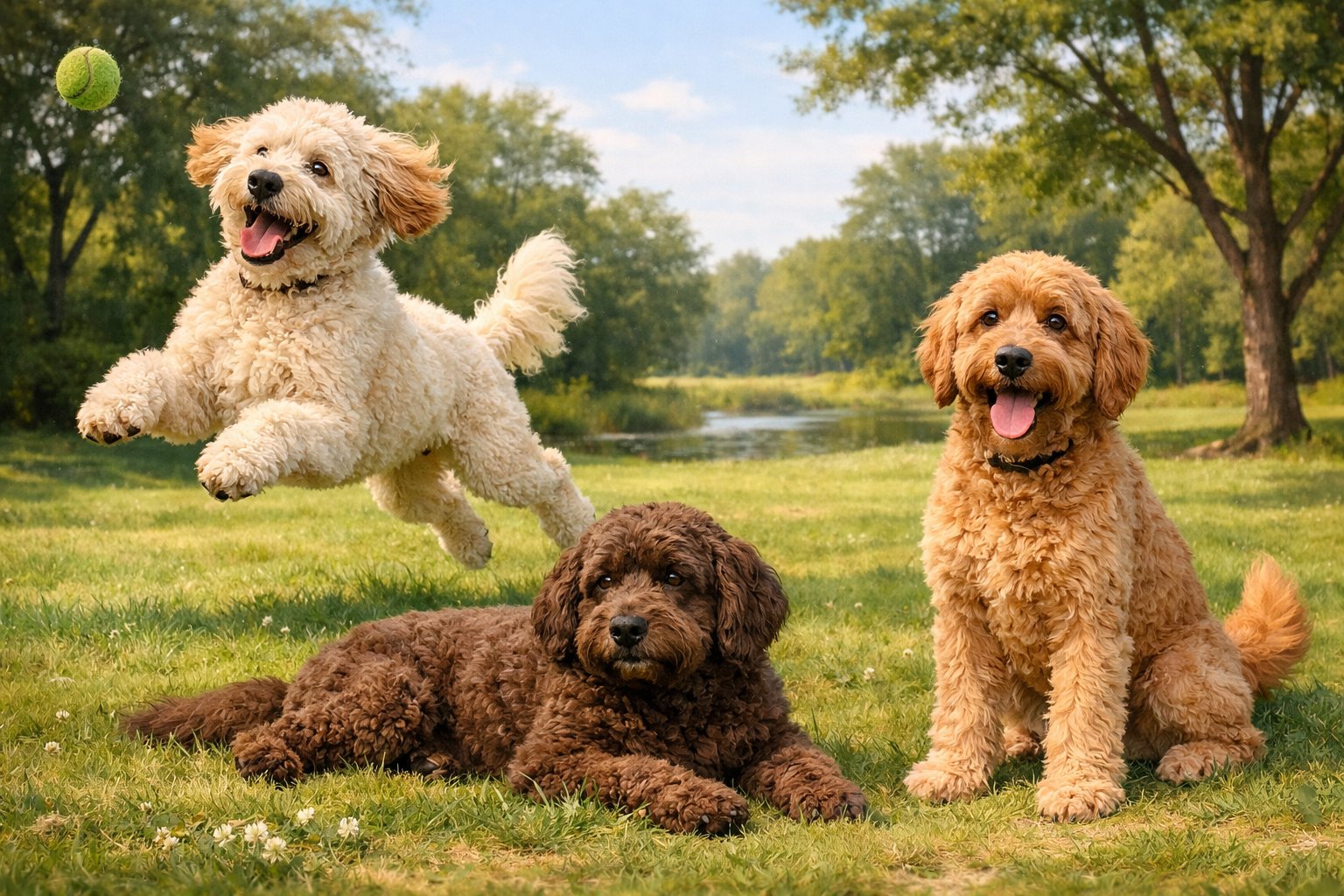
Labradoodle behavior develops from a mix of genetics, early life experiences, and natural drives. Breed background, social exposure, and daily activity all play clear roles in how a Labradoodle thinks and acts.
Differences Between Labrador Retriever and Standard Poodle Influence
A Labradoodle inherits traits from both the labrador retriever and the standard poodle, but the balance varies by dog. Labradors often pass on an outgoing, people-focused nature and steady confidence.
Poodles tend to add high intelligence, alertness, and a more reserved response to strangers. Some Labradoodles act bold and social in new places.
Others observe first and warm up with time. This mix explains why behavior differs even among littermates.
Common inherited traits include:
- Friendly interest in people
- Strong learning ability
- Sensitivity to tone and routine
Breeding goals also matter. An australian labradoodle, developed over generations, often shows more predictable social and emotional traits than early-generation crosses in this designer breed category.
Impact of Early Socialization
Early experiences shape how labradoodle puppies respond to the world. During the first months, positive exposure to people, sounds, places, and handling builds calm confidence.
A well-socialized labradoodle puppy usually adapts faster to change. Limited exposure can lead to fear or nervous habits.
This shows most often around strangers or busy settings.
Early socialization supports:
- Comfort around children and visitors
- Reduced fear responses
- Better focus during training
Simple routines help. Short outings, gentle introductions, and reward-based training create positive associations.
Consistency matters more than intensity. Small, calm experiences repeated often make the biggest difference in adult behavior.
Retrieving Instinct and Activity Preferences
Both parent breeds were developed for work, so many Labradoodles show a strong retrieving instinct. They enjoy carrying objects, playing fetch, and engaging in goal-based games.
This instinct also supports training, since these dogs like tasks with clear rewards. Activity needs vary, but most Labradoodles require daily movement and mental work.
Without it, they may show restlessness or boredom behaviors.
Preferred activities often include:
- Fetch and tug games
- Water play
- Puzzle toys and training drills
Matching exercise to the dog’s energy level helps balance excitement and calm behavior. Regular activity supports focus, emotional stability, and better behavior indoors.
Training and Daily Life with a Labradoodle
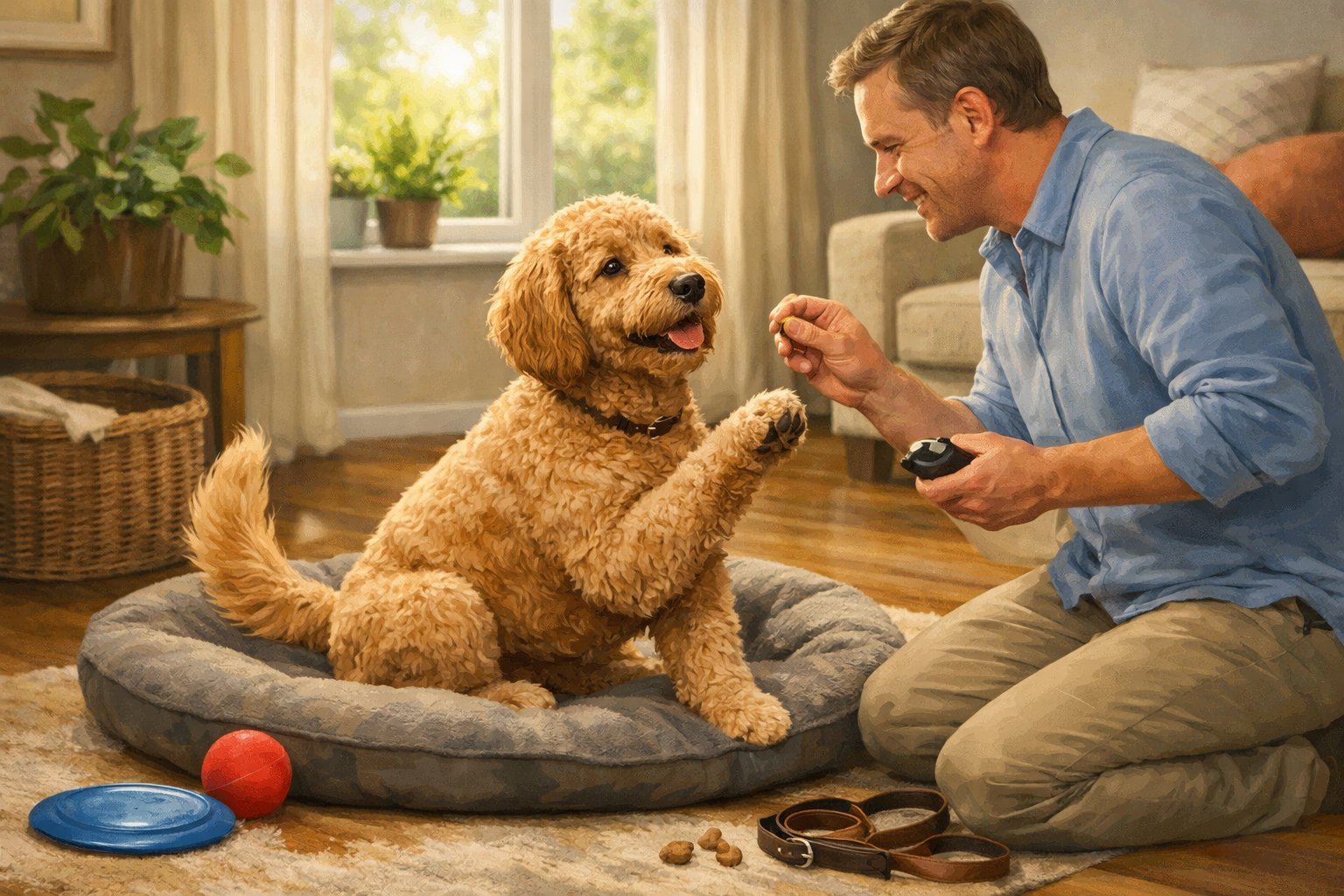
Daily life with a Labradoodle centers on routine, clear training, and steady attention. These dogs do best with structure, regular exercise, and calm time at home.
Are Labradoodles Easy to Train?
Many owners ask are Labradoodles easy to train, and the answer is usually yes. They tend to learn fast because they combine focus with a strong desire to please.
Consistent routines help them understand what comes next each day. Short sessions work better than long ones.
Many Labradoodles learn basic commands in a small number of repeats when owners stay patient and clear, as explained in this guide on Labradoodle temperament and trainability.
Key habits that support training success include:
- Fixed meal and walk times
- One-word commands used by everyone
- Calm praise right after good behavior
Training also supports Labradoodle health by reducing stress and unsafe habits.
Positive Reinforcement and Reward-Based Techniques
Positive reinforcement training builds trust and keeps learning stress-free. This approach rewards the behavior the owner wants instead of punishing mistakes.
Reward-based training often uses small treats, praise, or toys. Rewards should match the task.
Simple commands may need only verbal praise, while new skills may need food rewards. Timing matters more than reward size.
Common rewards that work well include:
| Reward Type | Best Use |
|---|---|
| Soft treats | New commands |
| Verbal praise | Known behaviors |
| Play time | High energy dogs |
This training style supports long-term behavior and fits well with advice from Labradoodle training guides.
Challenges Like Separation Anxiety
Many owners wonder can Labradoodles be left alone during the workday. Some can, but others struggle with separation anxiety.
This issue often shows as barking, pacing, or chewing.
Gradual alone-time training helps reduce stress. Owners can start with short absences and increase time slowly.
Mental toys also help keep the dog busy.
Helpful tools include:
- Food puzzle toys
- Background noise like radio
- A predictable exit routine
Regular exercise and professional grooming also support calm behavior by keeping the dog comfortable and relaxed.
